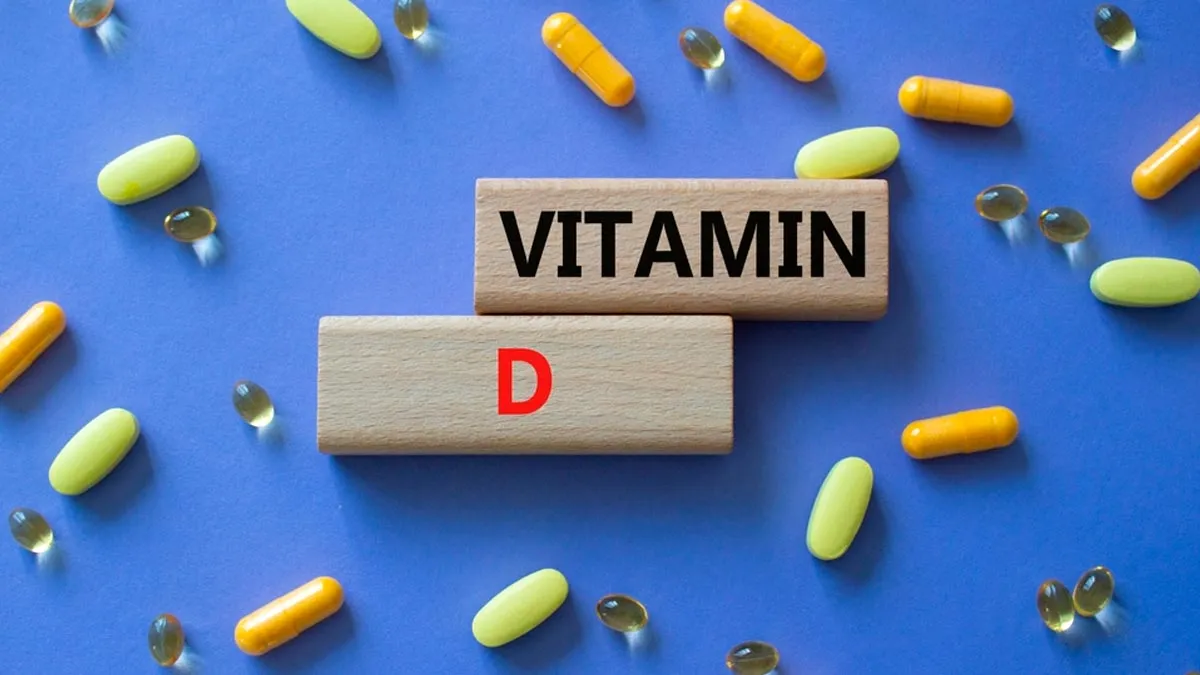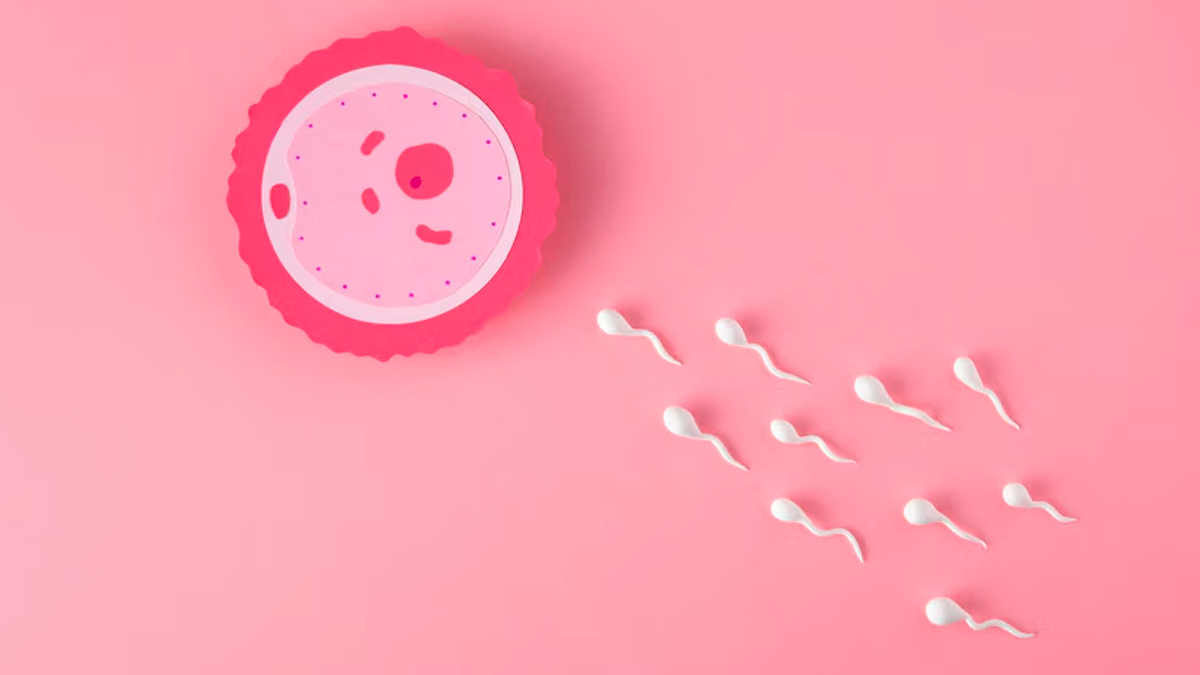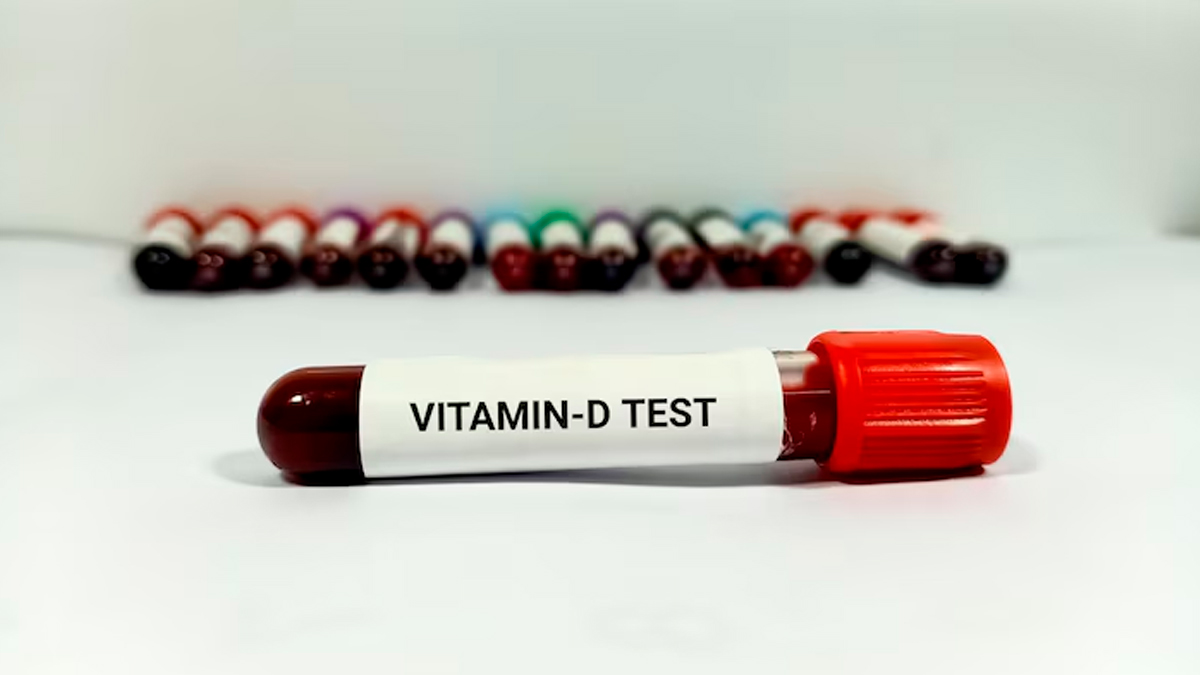
When it comes to fertility and pregnancy, numerous myths surround the factors that influence conception. One common belief is that low vitamin D levels completely prevent pregnancy. While vitamin D plays a significant role in reproductive health, this statement oversimplifies the complex interplay of factors that impact fertility. But how to understand whether this is a myth or fact?
Table of Content:-
To understand this, OnlyMyHealth team interacted with Dr Pooja C Thukral, Consultant - Obstetrician and Gynaecologist, Cloudnine Group of Hospitals, Faridabad.
The Myth
"You can’t get pregnant with low vitamin D levels."
This misconception likely stems from research highlighting the importance of vitamin D in reproductive health. “Vitamin D has been linked to hormone regulation, healthy egg development, and uterine health, which are all critical for conception. However, low levels of vitamin D do not create an absolute barrier to pregnancy, and many individuals with suboptimal levels of vitamin D have conceived successfully,” Dr Thukral said.

The Fact
Explaining the fact, Dr Thukral said, “While low vitamin D levels can influence fertility, they do not necessarily make conception impossible. Vitamin D insufficiency may reduce the likelihood of conception or contribute to complications during pregnancy, but it is not the sole determining factor.” Fertility is influenced by a wide range of variables, including age, overall health, hormonal balance, and lifestyle factors.
Understanding Vitamin D and Fertility
Vitamin D is a fat-soluble vitamin that plays a crucial role in maintaining bone health, immune function, and cellular processes. It also affects reproductive health in both men and women.
Vitamin D and Female Fertility
- Hormonal Balance:
- Vitamin D contributes to the regulation of reproductive hormones, such as oestrogen and progesterone. As per Dr Thukral, these hormones are essential for ovulation and maintaining a healthy uterine lining, which supports embryo implantation.
- Ovarian Health:
- According to the Journal of Ovarian Research, vitamin D receptors are present in ovarian tissue, where they may play a role in the development and maturation of eggs.
- Polycystic Ovary Syndrome (PCOS):
- Women with PCOS, a common cause of infertility, often have low vitamin D levels. Supplementing with vitamin D may improve insulin resistance and menstrual regularity, indirectly supporting fertility.
- Endometriosis:
- “Low vitamin D levels have been associated with a higher prevalence of endometriosis, a condition that can impair fertility,” Dr Thukral said.

Vitamin D and Male Fertility
“Vitamin D impacts male fertility as well. It influences testosterone production, sperm quality, and motility, which are crucial for successful conception,” Dr Thukral said. Studies show that men with adequate vitamin D levels tend to have healthier sperm parameters compared to those with deficiencies.
The Impact of Low Vitamin D on Conception
Having low vitamin D levels can:
- Reduce fertility rates:Studies indicate that women undergoing fertility treatments, such as in vitro fertilisation (IVF), have better outcomes when their vitamin D levels are adequate.
- Increase pregnancy complications: “Insufficient vitamin D during pregnancy is linked to an elevated risk of preeclampsia, gestational diabetes, and preterm birth,” Dr Thukral said.
- Affect immune function: Vitamin D supports the immune system, which plays a role in maintaining a healthy pregnancy by protecting against inflammation that could lead to miscarriage.
However, low vitamin D alone is rarely the sole cause of infertility. Addressing it is one part of a holistic approach to improving fertility.
Also read: Can Vitamin D Deficiency Cause Low Blood Pressure? Expert Answers

Debunking the Myth
Although low vitamin D levels may complicate the conception process, they do not make pregnancy impossible. Dr Thukral explains here’s why:
- Compensatory mechanisms: The body can often compensate for suboptimal vitamin D levels by prioritising essential reproductive functions.
- Multifactorial nature of fertility: Fertility depends on a combination of factors, including egg quality, sperm health, uterine environment, and timing of intercourse. Vitamin D is just one piece of the puzzle.
- Individual variation: Some individuals may conceive easily despite having low vitamin D, while others with normal levels might face challenges due to unrelated issues.
Also read: Maximise The Winter Sun: 7 Tips to Make the Most of Sunny Days
What Should You Do?
If you’re planning to conceive, it’s wise to check your vitamin D levels as part of a preconception health assessment. Here’s how to manage your vitamin D status effectively:

1. Get Tested:
A simple blood test can determine if your vitamin D levels are within the normal range. Levels between 30-50 ng/mL are generally considered sufficient for most individuals.
2. Optimise Your Intake:
- Sun exposure: Spend 10-30 minutes in sunlight several times a week, depending on your skin type and geographic location.
- Diet: Include vitamin D-rich foods like fatty fish (salmon, mackerel), fortified dairy products, egg yolks, and mushrooms in your diet.
- Supplements: If dietary intake and sun exposure are insufficient, your doctor may recommend a vitamin D supplement.
3. Address Underlying Health Issues:
If low vitamin D is caused by a medical condition (e.g., malabsorption disorders or obesity), address these issues to improve your overall health and fertility prospects.
4. Consult a Specialist:
Work with a fertility expert to identify and address all factors influencing your ability to conceive, not just vitamin D levels.
Conclusion
The myth that low vitamin D levels make pregnancy impossible is not supported by scientific evidence. Dr Thukral explains, “While vitamin D plays an essential role in reproductive health, its deficiency is just one of many factors that can influence fertility. By maintaining adequate levels of vitamin D and addressing other health aspects, you can optimise your chances of conceiving and enjoying a healthy pregnancy. Remember, personalised medical advice is key—consult your healthcare provider for tailored recommendations.”
Also watch this video
How we keep this article up to date:
We work with experts and keep a close eye on the latest in health and wellness. Whenever there is a new research or helpful information, we update our articles with accurate and useful advice.
Current Version